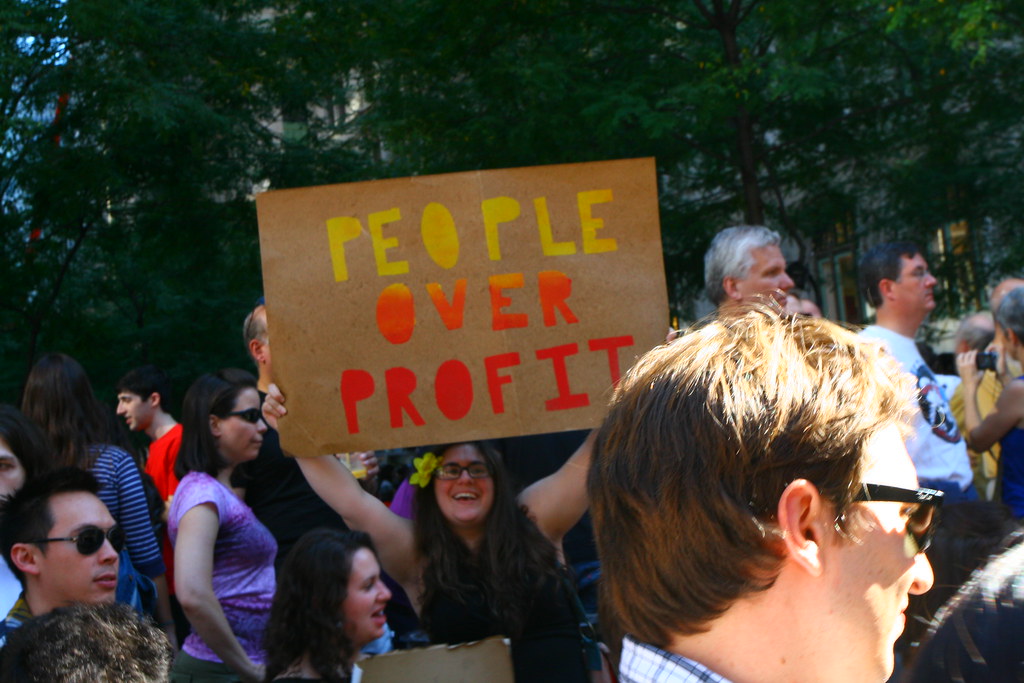We Need a Stimulus that Serves People Over Profit
By
Lorah Steichen
Posted:
|
Budget Process,
Military & Security

As the federal government scrambles to manage the COVID-19 public health emergency and the resulting economic crash it has sparked, the crisis has laid bare the gaping holes in the United States’ social safety net.
In response to the rapid growth of domestic coronavirus cases, Americans were instructed to stay home and seek medical care only if sick. Schools and businesses closed their doors as millions practiced “social distancing” in an effort to flatten the curve. But for those without resources, adequate health care, access to paid sick leave, or the ability to work from home, this prescription has proven woefully inadequate.
Whenever there is a crisis, whatever was unequal before becomes more unequal. We see this with natural disasters like hurricanes, which devastate along the lines of preexisting inequalities. Unfortunately, in a climate-changed future we know that this is not the first crisis we will face.
Even if we do all the right things now to address catastrophic climate change, because we’ve done so little to address warming, we can no longer avoid some devastating climate impacts. We will still face a future with more destructive wildfires, intensified super-storms, a rising sea level, and research suggests, more global pandemics. Confronting this reality, we need to ramp up our ability to weather future crises.
After decades of chronic disinvestment in domestic programs that would help build resilience to the kinds of economic shocks we’re experiencing with the coronavirus crisis today, it's time that we stop funneling hundreds of billions of dollars each year into the war machine and start investing in real security for our communities. Last year 53 cents of every discretionary budget dollar went to the Pentagon, with $738 billion for the military and only $632 billion for literally everything else the discretionary budget covers. It’s past time that we redistribute the military’s bloated budget. It’s past time to start investing our resources in ways that actually meet human needs.
After the 2008 recession, the government bailed out banks and larger corporations, but not people. In the face of the current crisis similar proposals are on the table. At a time when we should be phasing out fossil fuels, the Trump Administration is using the possibility of a recession to potentially bailout the oil and gas industry--whose problems are largely self-inflicted and whose business model is hurdling us toward future crises.
Rather than restoring the status quo, we have the opportunity to forge a different path that invests in real security for Americans. The limited social safety net that we have today, programs like social security and unemployment insurance, was borne out of the economic crisis of the Great Depression. We need immediate relief for impacted workers and communities now. We also need longer-term investments that address the looming climate crisis and establish a strong social safety net to build resilience to economic shocks.
In the face of another global financial meltdown, the coronavirus crisis gives us the opportunity to finally reorient our economy to serve people over private profits.